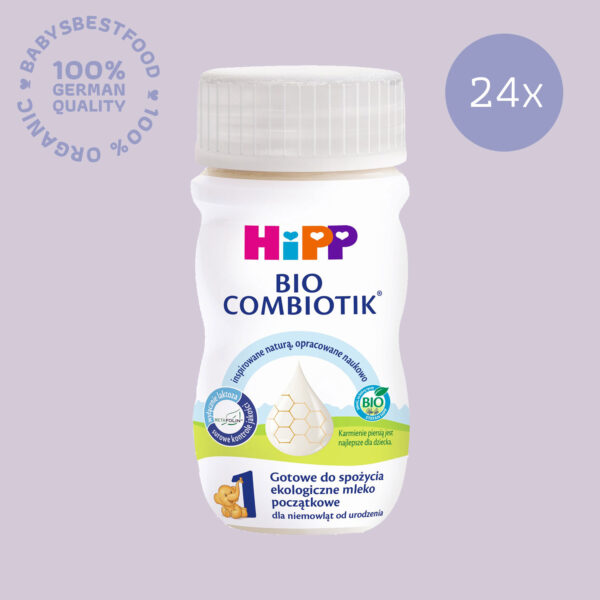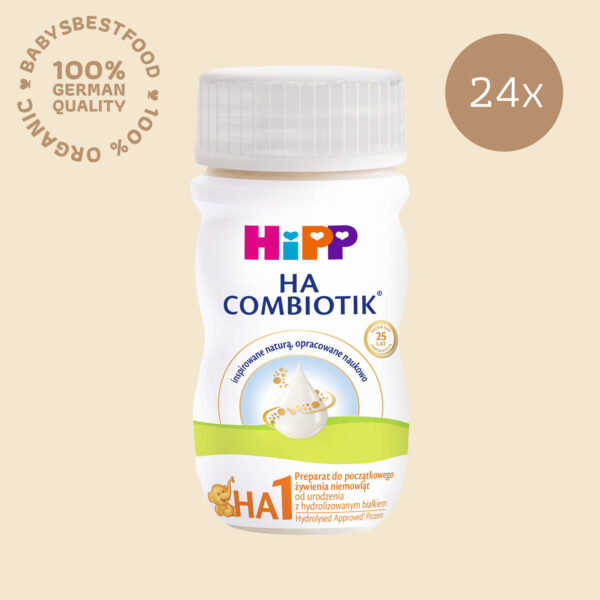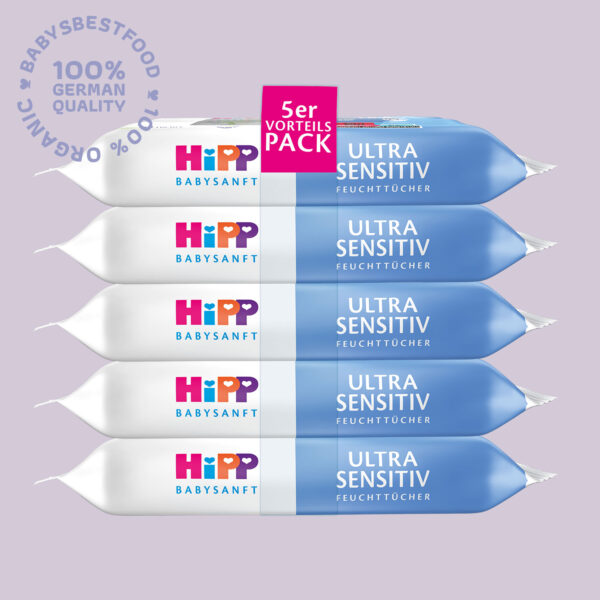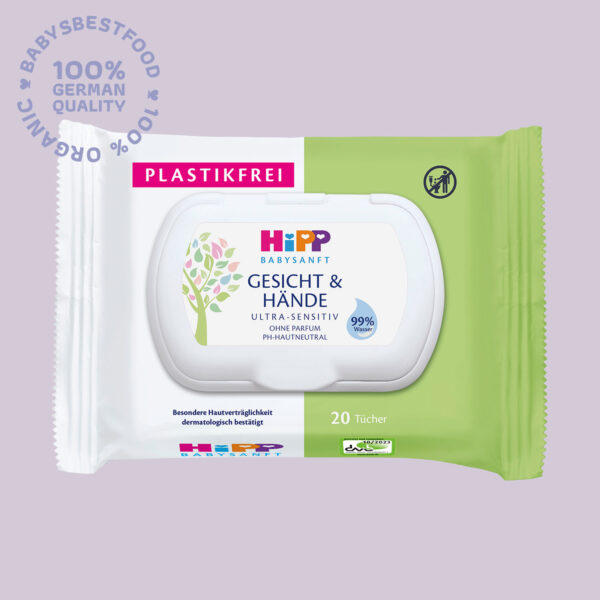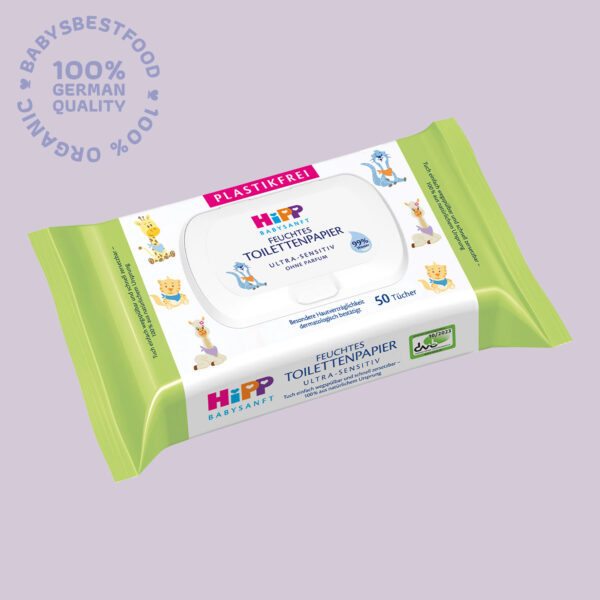Hydrolyzed proteins in baby formulas provide numerous benefits for infant digestion and allergy prevention. By breaking down proteins into smaller fragments, these formulas help reduce the risk of allergic reactions and make digestion easier for infants with sensitive stomachs.
Understanding Hydrolyzed Protein
Hydrolyzed proteinProtein: Proteins, often labeled as life’s cornerstone, orchestrate a symphony of functions ensuring our children’s robust growth, agile muscle development,… is created through a process called hydrolysis, where proteins are broken down into smaller peptides. This pre-digestion process makes it easier for babies to digest the formula, reducing the likelihood of digestive discomfort and allergic reactions. Hydrolyzed protein formulas are especially beneficial for infants with a family history of allergies, or those who have shown signs of sensitivity to standard formulas.
Types of Hydrolyzed Protein Formulas
There are two main types of hydrolyzed protein formulas available on the market: partially hydrolyzed and extensively hydrolyzed. Partially hydrolyzed formulas have proteins that are broken down into larger peptides, which can be easier to digest but may still pose some risk for allergic reactions. Extensively hydrolyzed formulas, on the other hand, have proteins broken down into very small peptides, making them less likely to cause allergies and more suitable for babies with severe allergies.

Benefits for Digestion
Hydrolyzed protein formulas can significantly aid in digestion. Infants with sensitive digestive systems often struggle with the larger protein molecules found in standard formulas. By using hydrolyzed proteins, these formulas help reduce symptoms like gas, bloating, and discomfort, promoting a healthier and more comfortable feeding experience for babies. This can lead to better overall health and well-being for infants.
Benefits for Allergy Prevention
One of the primary benefits of hydrolyzed protein formulas is their ability to reduce the risk of allergic reactions. By breaking down proteins into smaller fragments, these formulas are less likely to be recognized by the immune system as allergens. This can be particularly beneficial for infants with a family history of allergies, or those who have already shown signs of sensitivity to cow’s milk protein. Extensively hydrolyzed formulas are often recommended for these cases, providing a safer alternative to standard formulas.

Choosing the Right Formula Stage
The premium European brands we carry, such as Kendamil, Holle, and HiPP, ensure that newborns or toddlers get exactly what they need during this stage of their development. We carry the following five stages:
- Stage Pre: Birth to six months of age
- Stage 1: Special infant formula from birth to six months
- Stage 2: Follow-on formula from six months to 10 or 12 months
- Stage 3: Infant formula from 10 or 12 months to 12 or 24 months
- Stage 4: Infant formula from 12 months to 24 months
Choose cow’s milk formulas, goat’s milk formulas, or special blends for sensitive tummies to ensure your child gets the right nutrients at the right time.
Choosing the Right Formula
When selecting a hydrolyzed protein formula, it’s essential to consider your baby’s specific needs. Consult with your pediatrician to determine whether a partially or extensively hydrolyzed formula is more appropriate. Your healthcare provider can guide you in choosing a formula that best supports your baby’s digestive health and nutritional requirements.
Discover our organic milk formula
Key Takeaways
- Hydrolyzed protein formulas aid digestion by breaking down proteins into smaller, more digestible fragments.
- These formulas help reduce the risk of allergic reactions, particularly for infants with a family history of allergies.
- Partially hydrolyzed formulas are suitable for mild digestive discomfort, while extensively hydrolyzed formulas are better for severe allergies.
- Consult with a pediatrician to choose the right hydrolyzed protein formula for your baby’s specific needs.

Consult Your Pediatrician
Before making any changes to your baby’s diet, it’s crucial to consult with a pediatrician or nutritionist. They can provide personalized advice and ensure that your baby receives the best possible nutrition for their growth and development.
Discover Hipp ready to drink:
24x HiPP 1 Organic Combiotic Ready to Feed 90ml (EU-Version)
$41.62 / l













